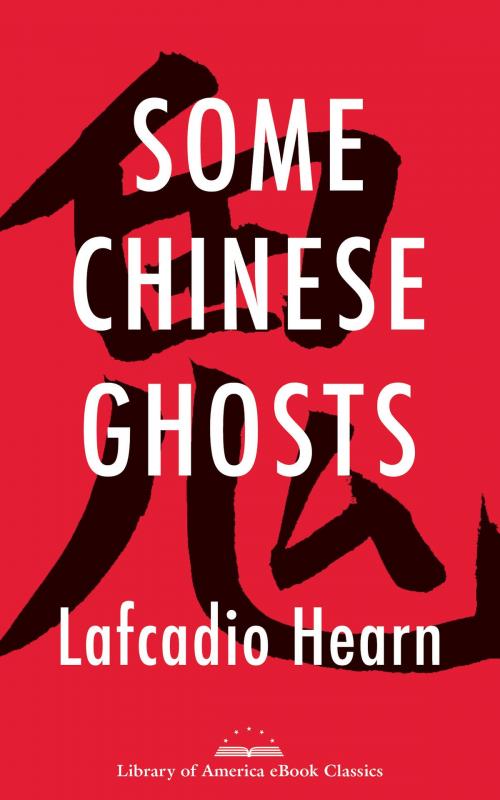| Author: | Lafcadio Hearn | ISBN: | 9781598536249 |
| Publisher: | Library of America | Publication: | August 14, 2018 |
| Imprint: | Library of America | Language: | English |
| Author: | Lafcadio Hearn |
| ISBN: | 9781598536249 |
| Publisher: | Library of America |
| Publication: | August 14, 2018 |
| Imprint: | Library of America |
| Language: | English |
Lafcadio Hearn was one of the most extraordinary figures in America literature, a journalist and novelist who became, later in life, a major literary icon in his adopted nation of japan. Some Chinese Ghosts (1887), a stylized retelling of ancient legends, was one of his earliest books, a foreshadowing of his later fascination with Asian themes. This collection of six stories reveals his deep fascination with the “weird beauty” of Chinese folk-tales. Because he himself knew little of the Chinese language, Hearn relied on European Sinologists to help him create his own versions and understand the historical and linguistic allusions. “To such great explorers,” he acknowledged in a preface, “the realm of Cathayan story belongs by right of discovery and conquest; yet the humbler traveller who follows wonderingly after them into the vast and mysterious pleasure-grounds of Chinese fancy may surely be permitted to cull a few of the marvellous flowers there growing.”
Lafcadio Hearn was one of the most extraordinary figures in America literature, a journalist and novelist who became, later in life, a major literary icon in his adopted nation of japan. Some Chinese Ghosts (1887), a stylized retelling of ancient legends, was one of his earliest books, a foreshadowing of his later fascination with Asian themes. This collection of six stories reveals his deep fascination with the “weird beauty” of Chinese folk-tales. Because he himself knew little of the Chinese language, Hearn relied on European Sinologists to help him create his own versions and understand the historical and linguistic allusions. “To such great explorers,” he acknowledged in a preface, “the realm of Cathayan story belongs by right of discovery and conquest; yet the humbler traveller who follows wonderingly after them into the vast and mysterious pleasure-grounds of Chinese fancy may surely be permitted to cull a few of the marvellous flowers there growing.”















